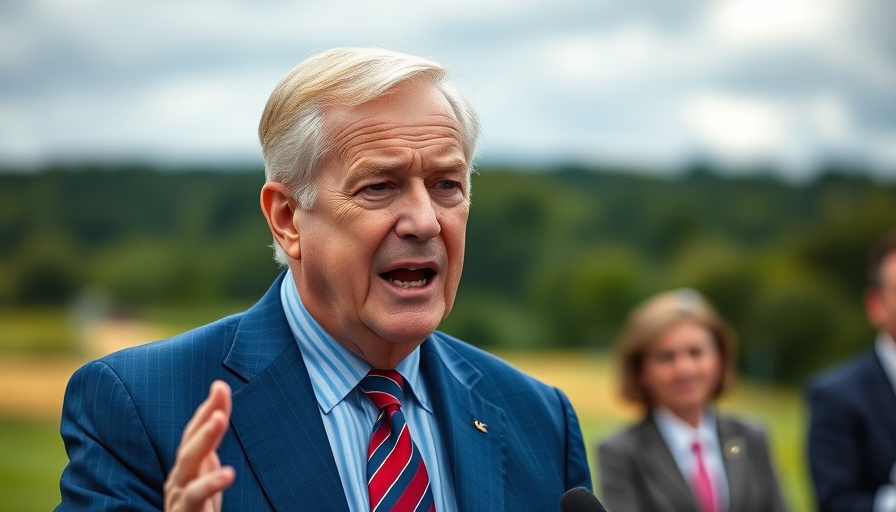
Trump’s Decisive Layoff at the National Security Council
In a bold move that has sent shockwaves throughout the political landscape, President Donald Trump has ordered significant layoffs at the National Security Council (NSC). This decision, impacting dozens of highly regarded staffers, aims to diminish the Council’s size and influence, refocusing its mission to align more closely with the president’s directives rather than shaping U.S. foreign policy.
The Context Behind the Layoffs
The latest layoffs come just weeks after Secretary of State Marco Rubio took over as national security adviser, succeeding Mike Waltz. This transition marks a pivotal shift in how U.S. national security is managed. As reported, Trump is intent on transforming the NSC into a leaner organization, potentially reducing its ranks to around 50 staff members — a stark contrast to over 300 that operated under President Joe Biden.
Restructuring the National Security Landscape
The restructuring is being framed as an effort to streamline operations within the NSC, which historically played a central role in coordinating U.S. national security strategy. The layoffs reportedly target staff involved in crucial geopolitical issues ranging from the conflict in Ukraine to longstanding tensions in Kashmir. Critics are raising concerns that a diminished NSC may undermine expert input in significant policy discussions.
Reactions from Political Leaders
While some conservatives praise the decision, arguing that many NSC functions overlap with other agencies, Democrats and even a few Republicans warn that such drastic reductions may lead to missed opportunities for comprehensive national security strategy formulation. "A strong team within the NSC is essential for navigating complex international relations," reflected one bipartisan commentator.
Counterarguments to Downsizing the NSC
Opposition voices caution that with fewer expert analysts, the U.S. could risk adopting a more reactive rather than proactive stance in international affairs. The NSC’s role has traditionally centered around generating informed insights crucial for decision-making on global conflicts. Critics argue that sidelining expertise could lead to a reliance on limited perspectives, possibly jeopardizing national interests.
The Effects of the NSC Restructuring
The anticipated reduction in NSC personnel may grant increased authority to other departments, such as the State and Defense Departments. Their ability to lead without the oversight of an empowered NSC could reshape diplomatic strategies and responses to global crises. For instance, the State Department’s diplomatic missions might evolve to fill in gaps left by the NSC.
Looking Ahead: The Future of National Security Strategy
With the reshaping of the National Security Council underway, the ramifications could be extensive. As the political landscape shifts, experts are keen to see how these changes will fully manifest in U.S. foreign policy. The upcoming months will likely reveal how effective a smaller NSC can be in coordinating a united strategic approach to national security issues.
Concluding Thoughts
The restructuring of the National Security Council by President Trump stands as a critical juncture for U.S. foreign policy. Whether intended to modernize the institution or to align it more closely with the presidential agenda, this move will undoubtedly alter the fabric of national security operations in significant ways.
As the political climate evolves in the wake of these changes, citizens, policymakers, and analysts alike should stay informed about how these decisions could affect international relations and, ultimately, national security.
 Add Row
Add Row  Add
Add 




 Add Row
Add Row  Add
Add 

Write A Comment